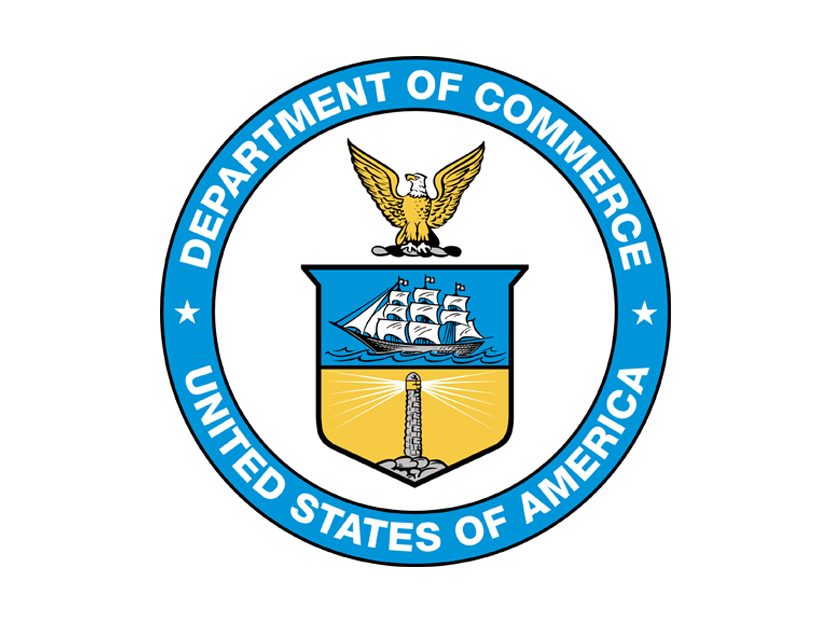US Finds China and India Unfairly Dumped, Subsidized Welded Pipe

Today, the U.S. Department of Commerce announced the affirmative final determinations in the antidumping duty (AD) and countervailing duty (CVD) investigations of imports of large diameter welded pipe from China and India, finding that exporters from these countries have sold large diameter welded pipe at less than fair value in the United States at rates of 132.63 percent and 50.55 percent, respectively. Commerce also determined that exporters from China and India received countervailable subsidies at rates of 198.49 percent and 541.15 percent, respectively.
In 2017, imports of large diameter welded pipe from China and India were valued at an estimated $29.2 million and $294.7 million, respectively.
The petitioners are American Cast Iron Pipe Company (Birmingham, Alabama), Berg Steel Pipe Corp. (Panama City, Florida), Berg Spiral Pipe, Dura-Bond Industries (Steelton, Pennsylvania), Skyline Steel (Parsippany, New Jersey), and Stupp Corporation (Baton Rouge, Louisiana).
The strict enforcement of U.S. trade law is a primary focus of the Trump administration. Since the beginning of the current administration, Commerce has initiated 131 new antidumping and countervailing duty investigations – this is a 245 percent increase from the comparable period in the previous administration.
Antidumping and countervailing duty laws provide American businesses and workers with an internationally accepted mechanism to seek relief from the harmful effects of the unfair pricing of imports into the United States. Commerce currently maintains 460 antidumping and countervailing duty orders which provide relief to American companies and industries impacted by unfair trade.
The U.S. International Trade Commission (ITC) is currently scheduled to make its final injury determinations on December 20, 2018. If the ITC makes affirmative final injury determinations, Commerce will issue AD and CVD orders. If the ITC makes negative final determinations of injury, the investigations will be terminated and no orders will be issued.
Click here for a fact sheet on today’s decisions.
The U.S. Department of Commerce’s Enforcement and Compliance unit within the International Trade Administration is responsible for vigorously enforcing U.S. trade law and does so through an impartial, transparent process that abides by international law and is based on factual evidence provided on the record.
Foreign companies that price their products in the U.S. market below the cost of production or below prices in their home markets are subject to antidumping duties. Companies that receive unfair subsidies from their governments, such as grants, loans, equity infusions, tax breaks, or production inputs, are subject to countervailing duties aimed at directly countering those subsidies.




